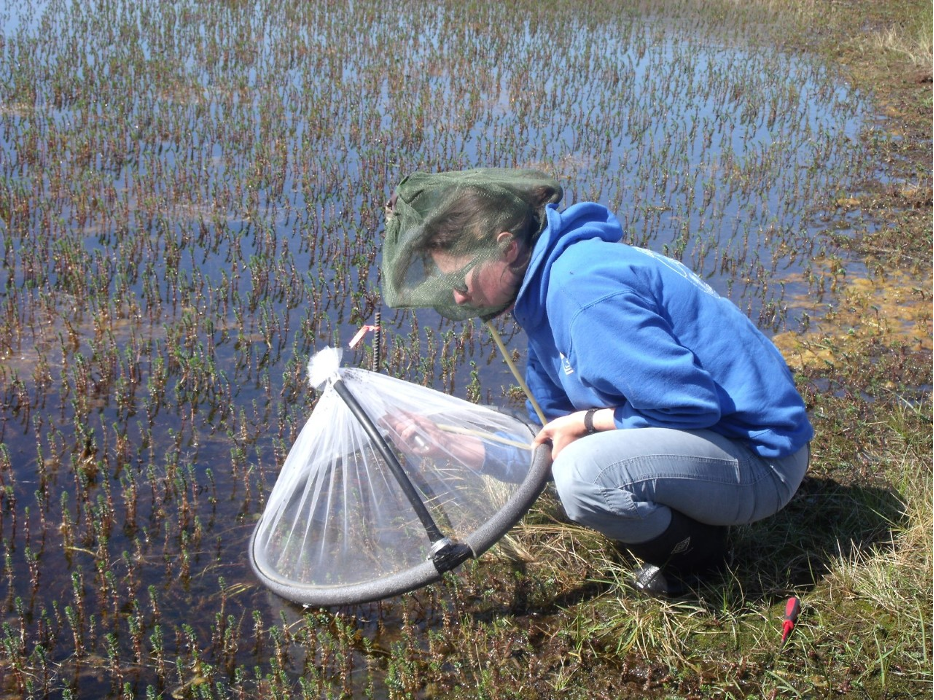Tuesday, March 14th
In-Person Meeting
Virtual Zoom Option
7:30 PM EST
Scars and traces: Understanding animal behaviors and interactions in the fossil record

ABSTRACT: The talk will start with a brief overview of how people look at animal behavior in the fossil record, followed by an exploration of the most dominant form of behavior recorded in the fossils: insect herbivory on plants. Usually, understanding and comparing the plant-insect (herbivory) associations among sites, both across space and time, is usually difficult given the species turnover across sites. In this talk, Anshuman presents a case for using plant-damage type associations, which are functional units of feeding damage and have mostly been used in paleontological literature, as a good functional proxy for exploring plant-insect interactions in both deep time and across biogeographical regions. This can pave the way for standard usage and comparisons in both paleo- and neo-ecology.
NOTICE: Welcome back to CEC meetings of the 2022-2023 academic year! We will be holding hybrid meetings to accommodate COVID-19 precautions and audience members from around the world.
For those able to attend in person, we will have an informal dinner at 6:00 pm at Cambridge Common Restaurant with the speaker, followed by our formal meeting (7:30 – 9:00 pm) in the Gilbert Room of the Museum of Comparative Zoology (there will be signs to help direct). The meeting will begin with club announcements, followed by a 60-minute presentation by the invited speaker and Q&A. Membership is open to amateur and professional entomologists.



